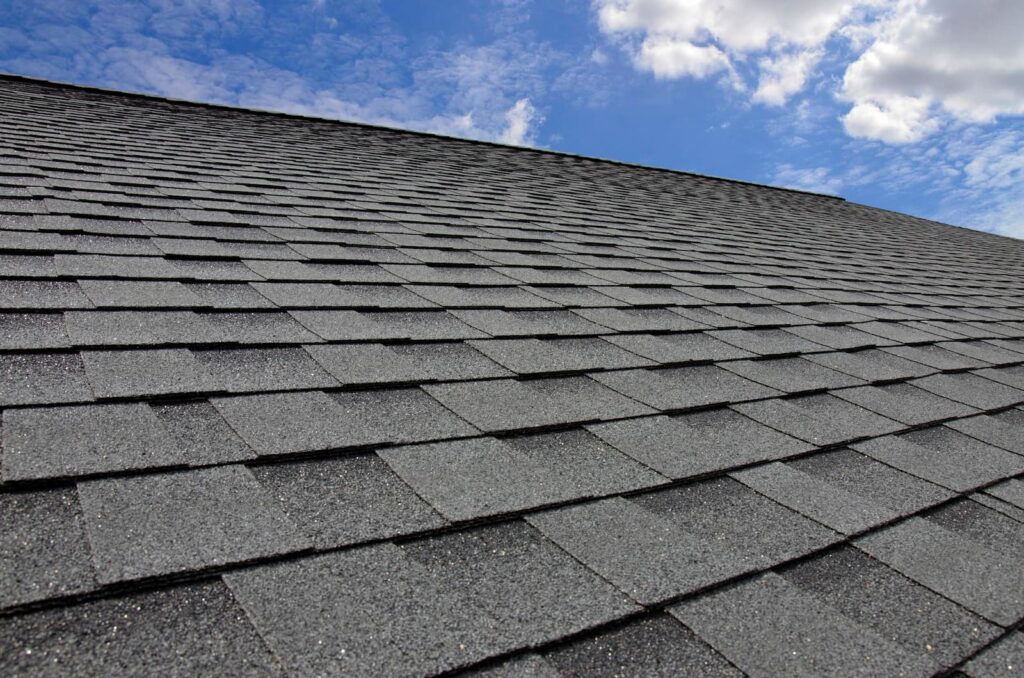Florida summers are hot and humid. Any way to reduce your energy bill is a welcome relief, right? You already know about energy-efficient (Energy Star) appliances, but what about other parts of your home? What about your roof? Do you have the most energy-efficient roof?
Metal, tile, and asphalt shingles are the most common types of roofing materials. While all are good choices, some are more energy-efficient than others. Reflectivity and color choice affect the energy efficiency of your roof which will, in turn, affect your energy bill. Metal roofs are the winner when it comes to energy-efficient roofs.
Getting a new roof may seem pretty simple, but there are actually a variety of roof types to choose from, and some of these are more energy-efficient than others. If you are already paying the expense of a new roof, don’t settle for “just a roof.” Get the roof that is best for your home and will save you money. This article will discuss three roof types and explain which one is the most energy-efficient to help you make an informed choice. When you are ready for a new roof, Seal Tight Roofing Experts in Merritt Island, FL, is ready to serve you!
What is an Energy-Efficient Roof?
An energy-efficient roof is a roof that reflects the sun’s rays as opposed to absorbing them and retaining the heat. If a roof is retaining heat, it will increase the temperature in your home. This will kick on your air conditioner and increase your energy bill. Scientifically speaking, an energy-efficient roof will have a low thermal mass meaning any absorbed heat dissipates quickly. People are reporting saving 20% or more on their energy bill when they have an energy-efficient roof installed. That can easily equal several hundred dollars a year. Wouldn’t you rather put that towards a vacation than an energy bill?
#1 Metal Roofs
Of the mainstream roofing materials, metal roofs take the #1 spot for most energy-efficient. Metal roofs do not absorb heat but instead are reflective, reflecting away the sun’s rays. While they are hot to the touch, they are not absorbing heat. This helps keep your home much cooler and will reduce your energy bill. You may even receive a tax credit for a new metal roof. Additionally, be sure to let your homeowner’s insurance company know you have installed a new metal roof. It may reduce your insurance rates! They are durable, fire-resistant, long-lasting, and energy-efficient. It may be time for you to consider a metal roof!
#2 Tile Roofs
Tile roofs come in at the #2 spot which is still respectable. Tile roofs are often constructed of concrete tiles. Because of the overlapping tiles and the way they are installed, tile roofs can be energy-efficient. You can also choose tiles that have a reflective coating which will increase their energy efficiency. Without this, they can get quite hot and retain heat more than a metal roof. Tile roofs have great longevity and often come with Lifetime Warranties!
#3 Asphalt Shingle Roofs
Asphalt shingles are coated with granules which help protect the shingles. In order to increase energy efficiency, however, asphalt shingles need to be coated with reflective granules. Not all asphalt shingles come with reflective granules, so you will need to be sure to request them when purchasing your roof. Asphalt shingle roofs are the least expensive roofs, but they also have the shortest lifespan.
Does Color Choice Matter?
When choosing your roofing materials, you will have color choices. Lighter colors will be more energy efficient. Just like light-colored clothes or light car seats are less hot than dark-colored clothes or dark upholstery, a lighter-colored roof will get less hot and improve energy efficiency.
Does Energy Efficient Also Mean Eco-Friendly?
The two terms have different meanings, but energy-efficient roofs ARE eco-friendly. Metal roofs take the #1 spot in the eco-friendly category too. Why? Metal roofs are 100% recyclable if they ever need replacing. They also last so long that your roof may never require replacing in your lifetime. Using your air conditioner less is good for the environment by emitting less CO2. So, metal roofs are both the most energy-efficient and the most eco-friendly!
Summary
Metal, tile, and asphalt shingles are the three most common roof types. To learn more about them, please read our recent blog, “What Are the Different Types of Roofs?” In this article, you discovered that while all three can offer a degree of energy efficiency, metal roofs are the clear winner. Tile roofs and asphalt shingle roofs both need additional reflective material added to them to increase their energy efficiency. Metal roofs have the longest life span and are the most eco-friendly. They are completely recyclable if they ever need replacing during your lifetime which they may not! Seal Tight Roofing Experts offers all three types of roofing. We are the premier residential and commercial roofing company in Merritt Island, FL, and we serve all of the surrounding East Central Florida area. Give us a contact us today for a free estimate on your new energy-efficient roof!






